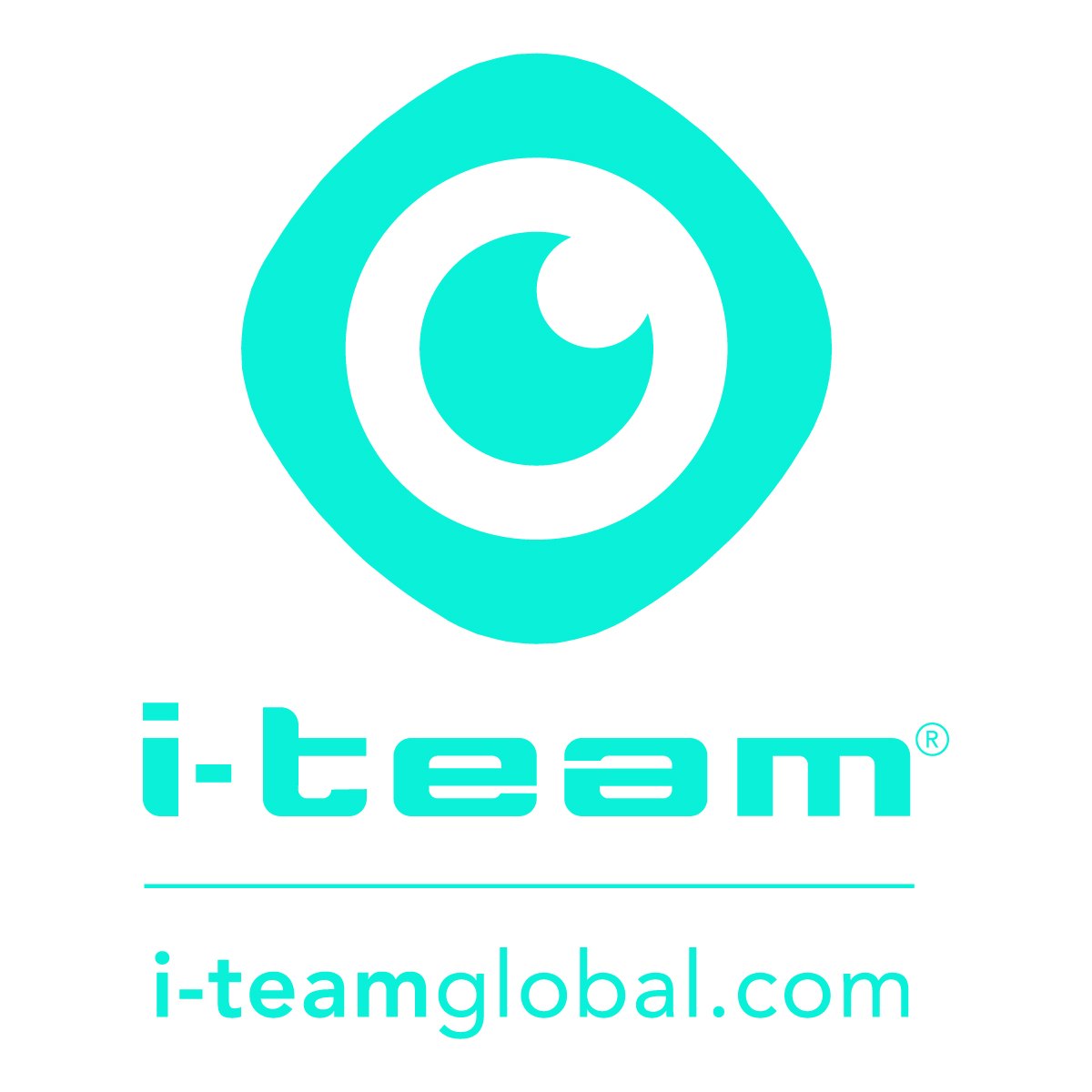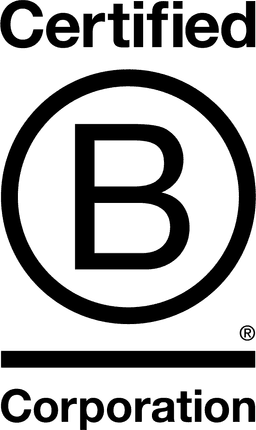

i-team Global

1.6
North Brabant, Netherlands The
July 2025
Electrical equipment
Wholesale/Retail
Canada,
Denmark,
France,
Germany,
Ireland,
Italy,
Japan,
Netherlands The,
Poland,
Spain,
Sweden,
United Kingdom,
United States
Engineering better cleaning for people and planet. At i-team Global, we believe cleaning should make the world better for people and the planet. That’s why we reimagine every detail of professional cleaning: from the way machines move, to how they use water and energy, and how they support the people who use them. Our signature innovation, the i-mop, combines the power of a scrubber with the agility of a mop, cutting water use by up to 81 percent. Its smart, energy-efficient design reduces electricity consumption by up to 35 percent compared to traditional machines. The modular components extend product life and reduce waste, supporting a more circular way of working. Through our partnership with the Made Blue Foundation, every liter of water used by active i-mops is matched with a liter of clean drinking water donated to communities where it’s needed most. But impact goes beyond products. We listen to cleaning professionals, empower their voices, and design around their needs. Sustainability means nothing without care for the people who make clean spaces possible. Together with our global i-partners, we are on a mission to create a faster, cleaner, greener, safer and more human cleaning world.